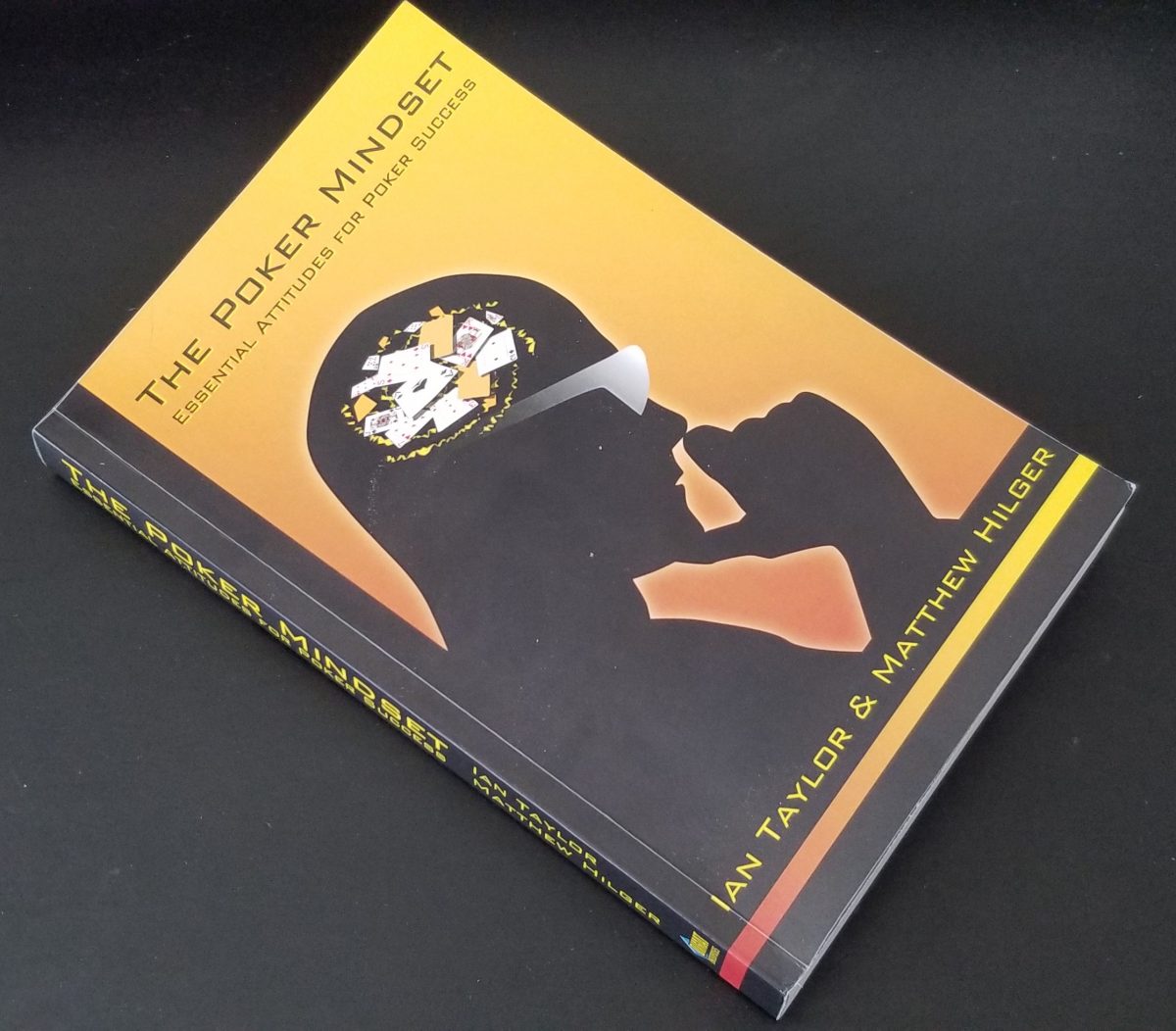Unlike other poker books that explore the mechanics of playing poker, The Poker Mindset deconstructs the mental process required to succeed at the game. It delves into the emotional aspects of remaining focused throughout individual hands, individual sessions, and ultimately one’s entire poker career.
The overarching concepts covered by The Poker Mindset may at first glance appear to be unsurprising and evident. However, after getting beyond the first few pages of the book, it becomes clear that not only do the authors present unique and alternative perspectives on these topics, but they also apply a common set of mental attitudes to each topic. By relating the mental attitudes to each topic, the authors drive home the importance of how and why each should be applied throughout a poker player’s career.
The mental attitudes outlined in The Poker Mindset that a poker player needs to succeed are:
- Understand and accept the realities of poker,
- Play for the long term,
- Emphasize correct decisions over making money,
- Desensitize yourself to money,
- Leave your ego at the door,
- Remove all emotions from decisions, and
- Dedicate yourself to a continuous cycle of analysis and improvement.
Each of these attitudes are then applied in distinct ways to each of the chapter topics:
- Bad beats (losing big pots),
- Downswings,
- Tilt,
- Bankroll management,
- Evaluating your opponents’ mindsets, and
- Poker/Life balance.
Take the first mental attitude, “Understand and accept the realities of poker”, for example. In the chapter titled “Bad Beats and Losing Big Pots”, this mental attitude allows us to understand that luck dominates in the short term, and that it is vital to understand that all poker players will lose big pots. Because of that, there is no point in becoming upset.
Later, in the chapter titled “Downswings”, the same mental attitude can help to understand that mathematically, all poker players will go on downswings over the long term simply due to the law of large numbers. It should not be viewed as something scary, as it is inevitable and ultimately corresponds with periods of running well.
Regardless of how well acquainted the reader may be with these concepts, The Poker Mindset offers reassurance to the all too familiar emotions that poker players will experience over time. This book is likely to serve as a solid reference, offering reassurance when experiencing times of doubt in the form of negative results, whether that be through bad luck or bad play.
Overall, The Poker Mindset is an easy read. Unlike other poker books that require time to digest numbers in the form of complex math and probabilities, this book involves very little math. The focus is on concepts that are simple, human, and inherently relatable. The content itself and the feelings The Poker Mindset instills make this book a must read for anyone who intends to be a winning poker player.
The Poker Mindset is available on Amazon.







